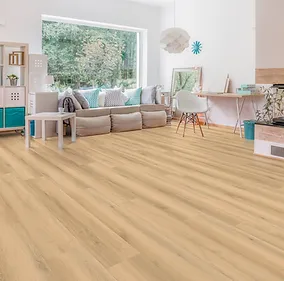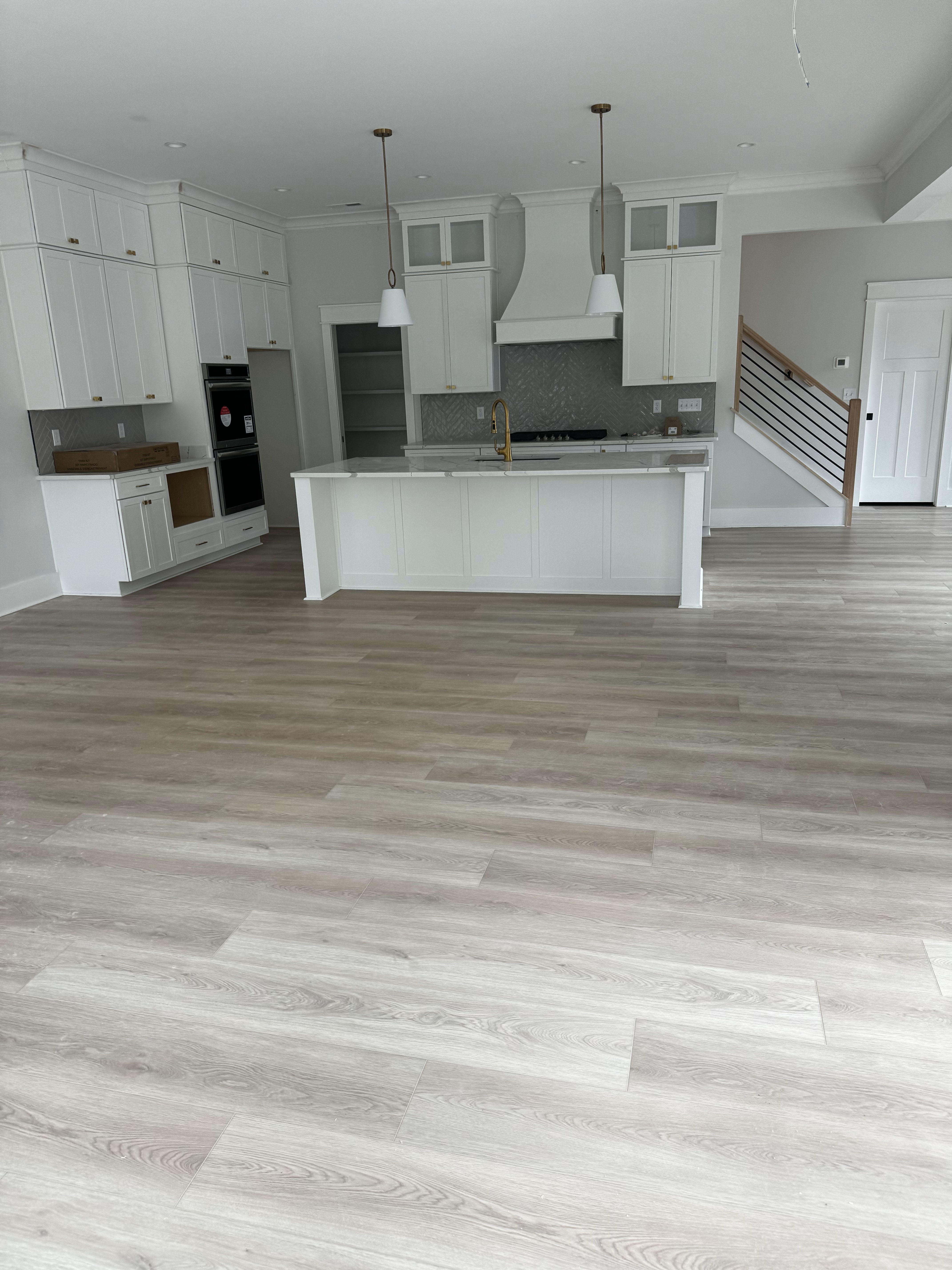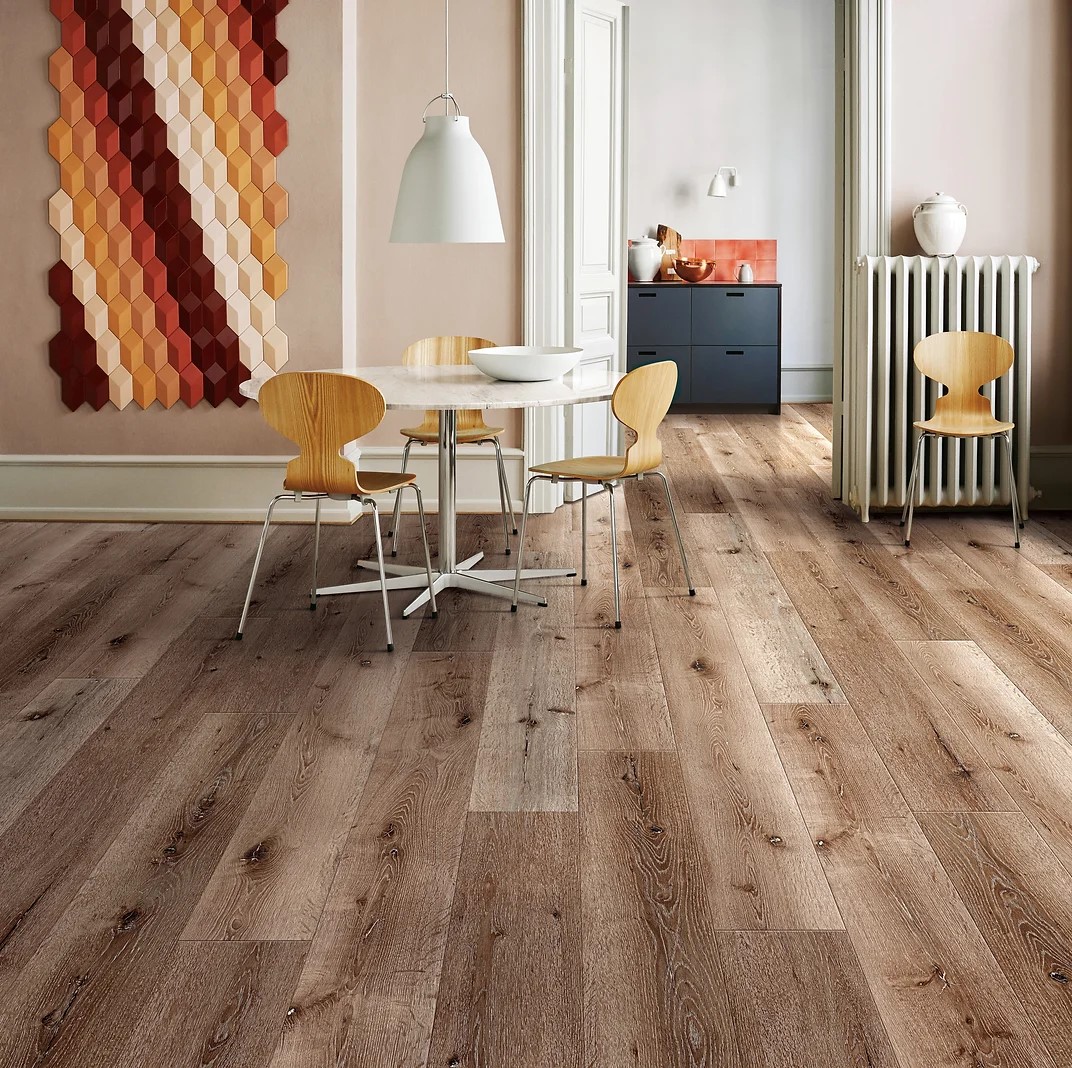Vinyl Plank Flooring vs. Wood Tile: How to Decide?

When it comes to choosing the right flooring for your home, the options can be overwhelming. Two popular choices that homeowners often consider are vinyl plank flooring and wood tile. Both options have their unique benefits and drawbacks, making it essential to weigh your options carefully. If you’re in Virginia Beach, Express Flooring offers a wide selection of both types, allowing you to find the perfect fit for your space.
Understanding Vinyl Plank Flooring
Vinyl plank flooring is a synthetic product designed to mimic the look of natural wood. It is composed of multiple layers, including a wear layer, a design layer, and a backing layer. Here are some key advantages of vinyl plank flooring:
- Water Resistance: Vinyl plank flooring is highly resistant to moisture, making it an excellent choice for areas prone to spills, such as kitchens and bathrooms.
- Durability: With its tough wear layer, vinyl plank can withstand heavy foot traffic and is less likely to scratch or dent compared to natural wood.
- Cost-Effective: Generally, vinyl plank flooring is more affordable than wood tile, making it a budget-friendly option for homeowners.
- Easy Installation: Many vinyl planks come with a click-lock installation system, allowing for a straightforward DIY project.
Exploring Wood Tile
Wood tile, on the other hand, is a ceramic or porcelain tile that is designed to resemble wood. It offers a unique aesthetic that combines the beauty of wood with the durability of tile. Here are some benefits of wood tile:
- Natural Look: Wood tile provides the authentic appearance of wood, with various finishes and textures available to suit your style.
- Longevity: Wood tile is incredibly durable and can last for decades with proper care. It is also resistant to scratches and dents.
- Moisture Resistance: Like vinyl, wood tile is also resistant to moisture, making it suitable for bathrooms and kitchens.
- Low Maintenance: Wood tile requires minimal maintenance, as it does not need to be refinished like natural wood.
Factors to Consider When Choosing
When deciding between vinyl plank flooring and wood tile, consider the following factors:
- Budget: Determine how much you are willing to spend. Vinyl plank flooring is typically more affordable, while wood tile may require a higher initial investment.
- Aesthetic Preference: Think about the overall look you want to achieve in your home. If you prefer the warmth of natural wood, wood tile may be the better choice. However, if you are looking for a more versatile option that can mimic various wood styles while offering additional benefits, vinyl plank flooring could be the way to go. Additionally, consider the specific areas of your home where the flooring will be installed. For high-moisture areas, vinyl plank’s superior water resistance might be more advantageous, while wood tile’s durability and aesthetic appeal could enhance the look of living spaces or entryways. Ultimately, the decision should align with your lifestyle, design preferences, and practical needs.
Another important factor to consider is the installation process and the level of expertise required. Vinyl plank flooring often features a user-friendly installation method, making it accessible for DIY enthusiasts who want to save on labor costs. In contrast, wood tile installation can be more complex, often requiring professional help to ensure proper alignment and grouting. This can add to the overall expense and time commitment of your flooring project. Therefore, if you are looking for a quick and easy installation, vinyl plank flooring may be the more suitable option, while wood tile might be better for those willing to invest in a more intricate installation for a stunning final result.


